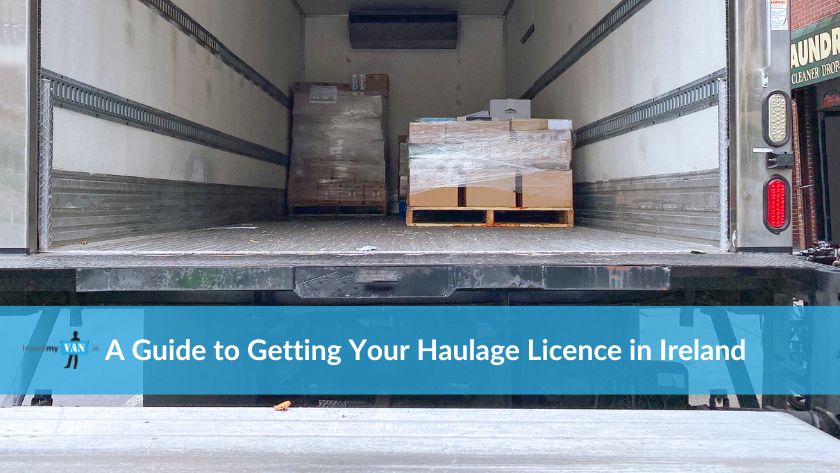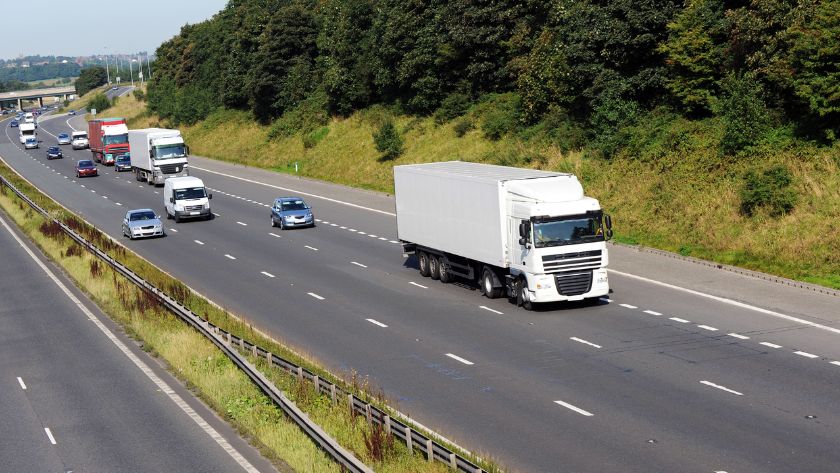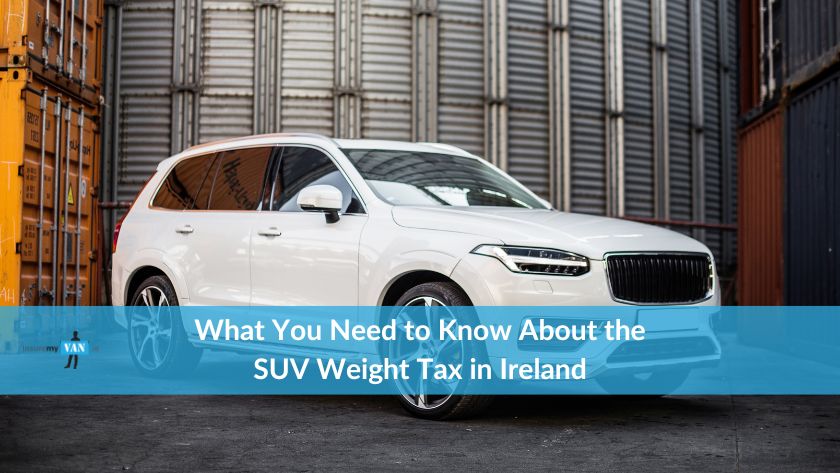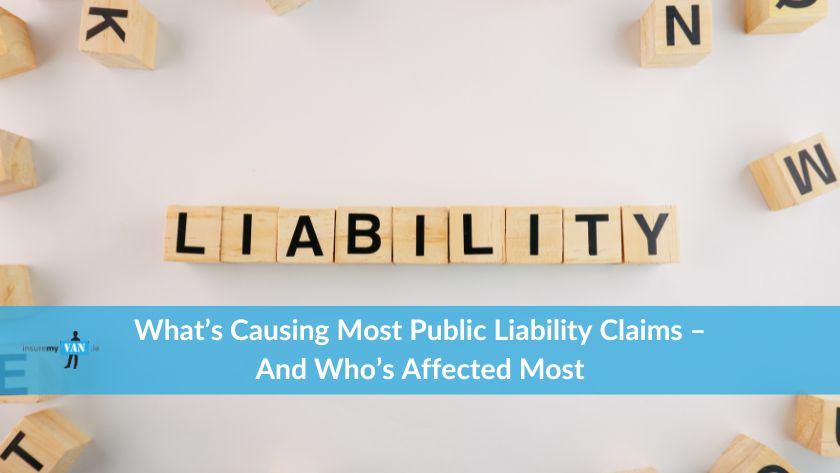Friday, 19 January 2024
A Guide to Getting Your Haulage Licence in Ireland
Welcome to our guide on obtaining and managing your Haulage Licence in Ireland. This guide helps you understand the importance of a haulage licence, its entitle...
Understanding the Legal Landscape
Road Haulage Operator Licences, issued for up to five years, fall under the jurisdiction of the Minister for Transport. In Ireland, having a haulage licence is not just a legal requirement but a cornerstone for the success of your transport business. Whether you're a seasoned operator or just starting, acquiring a haulage licence is a necessity for legal and efficient road freight operations. Ensuring that you possess the correct licences contributes to a smooth and compliant operation.Who Needs a Haulage Operator Licence?
Typically, you'll need a Road Haulage Operator Licence when transporting goods for payment in a commercial vehicle weighing over 3.5 metric tonnes, or the so-called heavy commercial vehicles (HCV). However, if you're doing "own account" work (moving your goods or delivering items bought from you) a licence might not be necessary. It’s important to note that certain commodities and specific operations are exempt from requiring this licence type (when in the Republic of Ireland only). These include:- Cattle, sheep, pigs and turf;
- Milk to a creamery or a cream separating station;
- Separated milk from a creamery or cream separating station;
- Milk containers to or from a creamery or a cream separating station;
- Newly-harvested wheat, oats or barley (from 1st August to 30th November each year) from a farm to a place of storage, assembly or processing.
Steps to Obtain a Haulage Licence
1. Understanding the Process
To obtain a haulage licence in Ireland, familiarise yourself with the comprehensive guidelines provided by the Road Safety Authority (RSA). The detailed application process is outlined in the official documentation RSA Guidelines.2. Application Submission
Submitting your application is a crucial step. Visit the official government portal to initiate the process.- Under Registration, click “Apply for Online Access”, enter your email address and create a password.
- Check your email where you will have received a link to verify your email address.
- You will then receive an additional email with your new I.D. and password to log in.
- You can then login and apply for a licence.
3. Documentation
Ensure that you have all necessary supporting documents in order to be posted to the Road Transport Operator Licensing (RTOL) Unit. The RHOL Guidelines offer comprehensive insights into the required paperwork. Wondering how to obtain a truck licence? Read our guide here!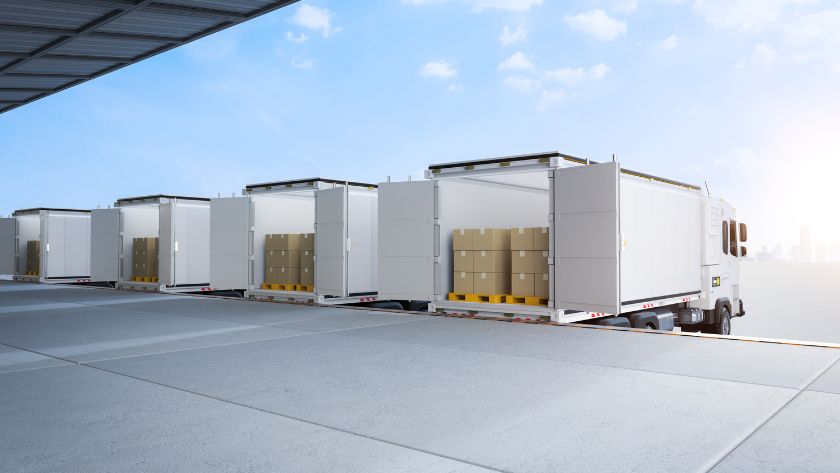
Requirements for Obtaining a Haulage Licence
Applicants must meet specific EU requirements, including having an establishment in Ireland, maintaining a good reputation, demonstrating professional competence, and possessing appropriate financial standing. These requirements must be maintained throughout the licence period, and failing to do so could lead to licence withdrawal or suspension. Remember, once you get your licence, you’ll need to secure truck insurance for your vehicle or fleet.Section-by-Section Guide to Application
Section 1 – Type of Licence required: Specify whether you need a National or International licence, considering your Transport Manager's certification. Section 2 – Applicant Details: Provide accurate business information, distinguishing between the trading and registered addresses. Section 3 – Details of Sole Trader, Directors, and others: Fill in details for each person involved in the business, including Personal Public Service Number (PPSN) and Date of Birth. Section 4 – Vehicles to be used under the Licence: Declare every vehicle or combination exceeding 3.5 metric tonnes, ensuring compliance with tax, insurance, tachograph calibration, and roadworthiness requirements. Section 5 – Transport Manager Details: Assign a qualified Transport Manager linked to your operation, either with a genuine connection or as a contracted Manager who meets specific criteria. Section 6 – Good Repute: Ensure all listed individuals complete Vetting Invitation and Good Repute Declaration Forms, complying with applicable legislation. Section 7 – Financial Standing: Demonstrate financial standing with the required capital and reserves, supported by the appropriate documents. Section 8 – Fees: Pay the applicable fee for consideration, with lower fees for online applications, emphasising electronic payment. Fees are listed on Gov.ie. Section 9 – Conditions of Application: Acknowledge the main conditions and legal requirements governing the application. Section 10 – Declaration and Signature: The applicant, sole trader, partner, or authorised representative must sign, certifying the accuracy of the provided information.


